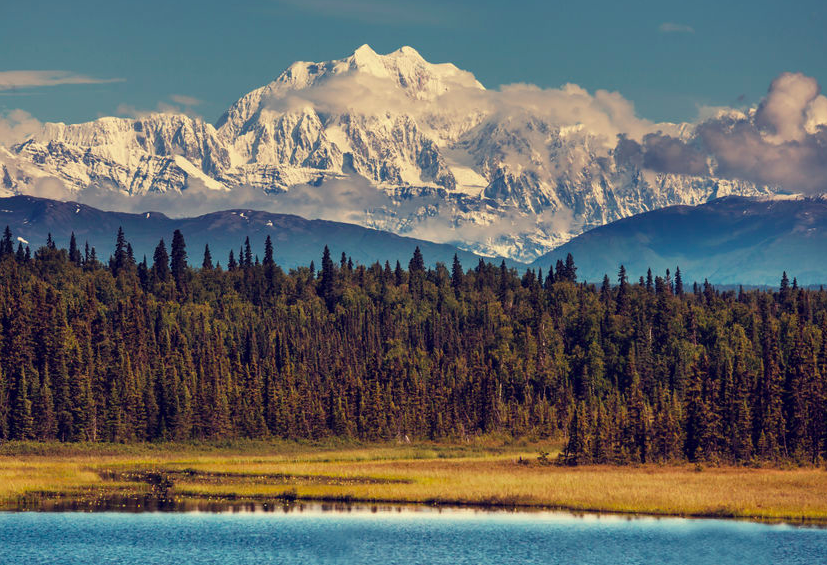By BRETT ROWLAND | THE CENTER SQUARE
The National Park Service on Friday asked a federal judge to dismiss a lawsuit challenging its NPS Cashless policy.
The motion comes after three people filed a lawsuit in March against the National Park Service for refusing to accept cash for park entrance fees. They alleged the NPS Cashless program violates federal law.
Attorneys for the federal government said the suit should be tossed because the plaintiffs have not been harmed by the policy and do not have standing to sue.
“Plaintiffs fail to allege that they personally lack access to non-cash payment methods and thus have not plausibly alleged that they have been harmed by the challenged policy as is necessary to establish their standing to sue,” U.S. Department of Justice attorneys wrote. “Second, Plaintiffs have failed to state a claim on which relief can be granted because the statute on which they rely to characterize the alleged cashless program as unlawful does not require the Park Service to accept cash for the services it provides.” The federal attorneys hit that point repeatedly in the motion.
“None allege that they lacked access to credit or debit cards, or other non-cash methods of payment, and were thus unable to use those forms of payment to satisfy the entrance fee,” according to the motion. “Their contention instead appears to be that they were unable to pay by their preferred method, cash, and ‘chose not to’ pay by other available methods based on principle, namely, their alleged belief that it was ‘their lawful right to pay in cash.’ “
And later: “To the extent they were unable to access a national park on the few occasions referenced in the Complaint, that lack of access was self-inflicted based on their refusal to pay the entrance fee other than in cash. Accordingly, they were harmed not by the alleged cashless entry program but by personal choice.”
The plaintiffs’ suit argued that NPS Cashless can’t stand.
“NPS’s violation of federal law cannot be overlooked in favor of any purported benefit NPS Cashless could hope to achieve, such as reducing logistics of handling cash collected,” the plaintiffs’ attorney, Ray Flores II, wrote in the complaint. “Moreover, there is an increased cost to the NPS in going cashless, such as additional processing fees that will be borne by NPS and by visitors who ultimately fund the Federal Government through taxes, in addition to personal surcharges and bank fees visitors may incur under NPS Cashless policy.”
Flores said Friday the government’s motion to dismiss was lacking.
“The Motion to Dismiss is astonishingly short and contains many inaccuracies that will be addressed in our opposition that is due June 20,” he told The Center Square.
NPS said it stopped accepting cash at some parks to be a better steward of that money.
“Reducing cash collections allows the National Park Service to be better stewards of the fees collected from visitors,” according to its website. “Cashless options reduce transaction times at busy entrance stations and decrease the risk of theft. Moving to a cashless system improves accountability and consistency, reduces chances of errors, and maximizes the funding available for critical projects and visitor services.”
The NPS website also notes alternatives.
“Each park that has completed the transition to cashless fee collection has an alternative option for visitors who are not able to pay with a credit or debit card. The specific arrangements vary by park, and park staff onsite will be able to assist,” according to NPS. “Most parks that have converted to cashless fee collection have had an overwhelmingly positive experience.”
In a 2023 news release, NPS explained why Death Valley National Park was going cashless. It said that Death Valley collected $22,000 in cash in 2022. Processing that cash cost the park $40,000, according to the release.
“Cash handling costs include an armored car contract to transport cash and park rangers’ time counting money and processing paperwork,” according to the release. “The transition to cashless payments will allow the NPS to redirect the $40,000 previously spent processing cash to directly benefit park visitors.”
According to NPS, of the more than 400 national parks in the National Park System, 108 charge an entrance fee.
